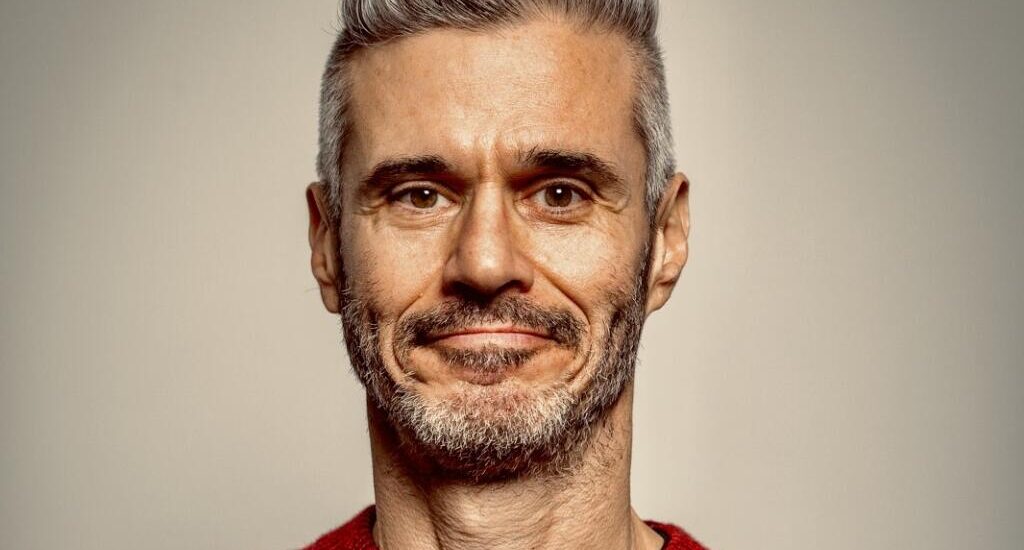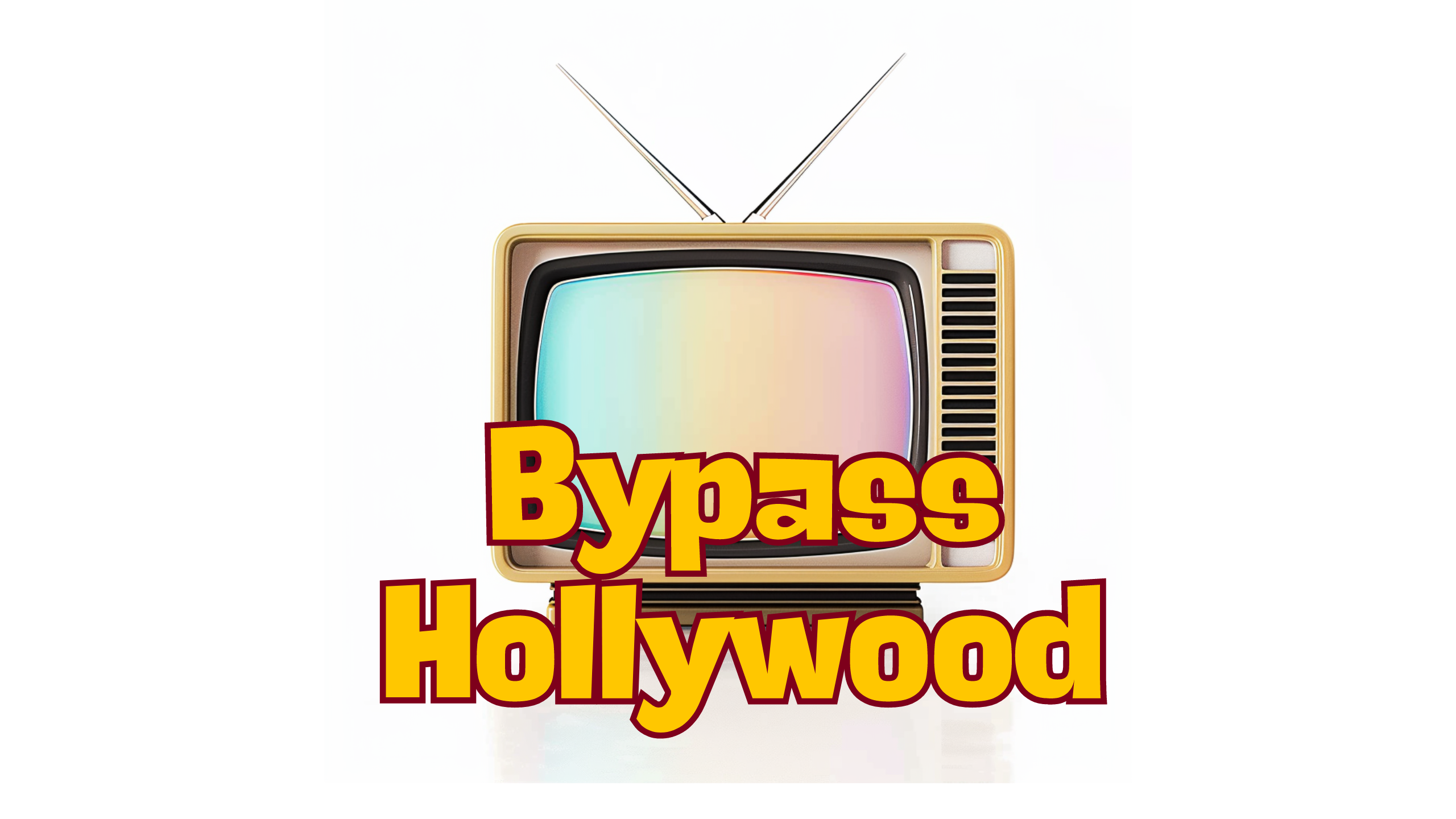


When I first discovered Evan Shapiro, he quickly became someone I deeply admired from afar—a trailblazer who broke free from the traditional corporate media mold to become “The Media Cartographer.” His maps of the ever-changing media landscape are more than visually captivating; they’re a powerful call to action, urging creators to seize control of their own futures.
Evan’s story, from a corporate executive to an independent thought leader, is nothing short of remarkable. He’s not only mastered the challenges of a rapidly transforming industry but has also created a guide for others to do the same. In our conversation, he shares practical insights for creators ready to reinvent themselves, overcome setbacks like layoffs, and thrive in the growing creator economy.
Your career has taken such an interesting turn—from corporate media executive to “The Media Cartographer.” What inspired you to pivot, and how did you navigate that transition?
It’s been a journey. I originally moved to New York to be an artist, to write and create. But early on, I had a family, and I had to make a choice between pursuing pure creativity and providing financial stability. I chose stability and built a career in media, working at places like AMC Networks, Participant Media, and NBC Universal. I even got to produce projects like Portlandia and This Film is Not Yet Rated.
But as I climbed the corporate ladder, I found myself further removed from what I loved—creating. By my 50th birthday, I was out of a corporate job and realized it was time to build something around my own passions and superpowers. I started writing and creating infographics for LinkedIn, including my now-well-known media maps. One of them went viral, and suddenly, I was “The Media Cartographer.”
Now, my days revolve around writing, creating, and consulting. It’s a blend of public speaking, teaching, and helping others navigate the chaos of media. For the first time, I feel like I’m truly doing what I’m meant to do.
Do you think all the milestones and pivots in your career prepared you for what you’re doing now?
Absolutely. My time in corporate media gave me a deep understanding of the inner workings of the industry. When companies like Comcast make big moves, I can write about it with authority because I’ve been in those rooms.
I also learned the importance of speaking truth to power—even when it’s uncomfortable. Once, I said the word “fuck” during a presentation with Comcast’s CEO in the audience. It didn’t go over well, but it was authentic to who I am. Those experiences taught me that leaning into my strengths—whether people liked them or not—was the only way forward.
Many of our readers are navigating layoffs or career transitions. What advice do you have for someone trying to reinvent themselves after leaving a corporate job?
Two things. First, figure out your superpower. What makes you unique? Most people in corporate roles struggle to articulate this because they’ve been boxed into job descriptions for so long. Talk to colleagues, friends, and mentors to understand what value you’ve consistently brought to the table.
Second, identify your top three priorities. Is it making money? Spending more time with family? Taking on a new challenge? Be honest with yourself. These priorities will help you focus your efforts and channel the anxiety that comes with uncertainty.
You’ve built a personal brand that thrives on authenticity. How important is that for creators, especially those starting over?
It’s everything. I always tell people: embrace your authentic self. If you’re trying to fit into a mold that doesn’t align with who you are, you’ll burn out. Yes, being authentic might mean you don’t get certain opportunities, but those opportunities probably weren’t right for you anyway.
The last few years have taught us that life is too short to do work that drains your soul. Find a way to make money doing what you love—or start building toward that goal.
The media landscape is changing rapidly. What has surprised you most recently about where things are headed?
The speed at which the creator economy has overtaken mainstream media. In November, two moments stood out: the U.S. election, which was largely influenced by podcasters, and the Jake Paul-Mike Tyson boxing match. Both events highlighted how platforms like YouTube and TikTok now dominate cultural relevancy.
I knew this shift was coming, but it happened faster than I expected. Even companies like Netflix and Amazon are adapting, hiring creators like The Sidemen to produce content. If you’re not paying attention to these trends, you’re already behind.
For creators focused on scripted content, how can they use data to guide their projects?
Start by experimenting. Take one character from your script and create a TikTok or YouTube channel around them. Test the waters with short-form content. If it resonates, you’ve got something worth pursuing. If not, you’ve learned what doesn’t work—without spending a fortune on traditional development.
Platforms like TikTok are goldmines for understanding trends. Use hashtags to explore what’s popular in your genre and let that inform your storytelling.
What advice would you give to young content creators looking to break into the industry today?
Publish. Every day. Don’t wait for someone to greenlight your project—greenlight yourself. Platforms like TikTok, YouTube, and Instagram are today’s talent scouts.
I’ve been writing and publishing daily for five years. I’ve failed a lot, but each failure taught me something valuable. Consistency is key. Keep creating, keep learning, and let your audience guide you.
Finally, what kind of clients do you work with, and how can they reach you?
I work with clients who are ready to transform. These are people or companies facing challenges and willing to embrace change. Most of my clients come to me because they’ve read my work online—it’s a natural extension of the value I give away for free.
If you’re interested in working with me, start by engaging with my content. That’s the best way to see if my approach resonates with you.
Evan Shapiro’s insights are a wake-up call for anyone navigating today’s media chaos. Whether you’re a laid-off executive or an aspiring creator, his advice is clear: embrace your authenticity, lean into data, and greenlight your own ideas. The tools to succeed are in your hands—you just have to use them.




